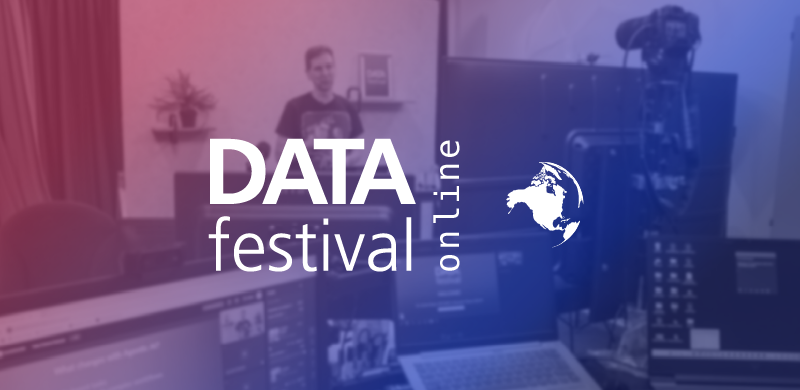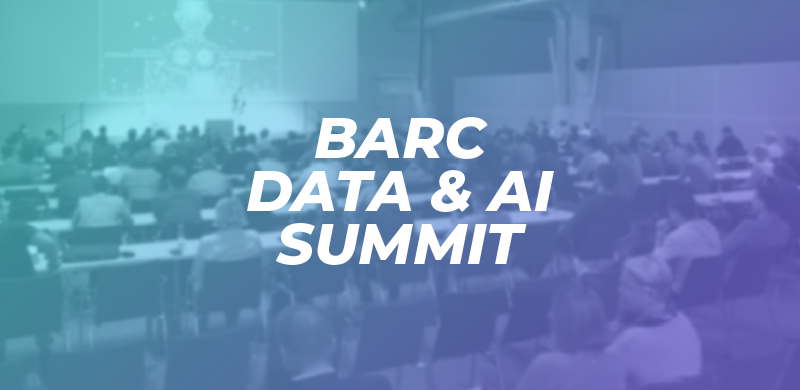Senior Analyst Data & Analytics
Data black holes: the high cost of supposed flexibility
Data Black Holes Survey: Chapter 1
Is central data provisioning the key to success?Centralized provisioning of data for analytics is considered best practice by many. In this study, we first wanted to understand which paradigm companies apply to the design of their data landscape.Which of the following best describes your data landscape? (n=315)Best-in-class companies tend more toward central data landscapes (75 percent) than laggards (58 percent) and appear to be more successful with their implementation (49 percent).Unsurprisingly, the majority of companies (63 percent) follow a centralized approach. 22 percent of respondents follow a central data provisioning approach based on uniform business terminology (centralized/uniform). A further 41 percent follow a similar approach for some of their data (hybrid/non-uniform). However, departments and users still work with their own data sets. These are not shared with other departments or users and do not follow uniform business terminology.21 percent follow a decentralized approach but ensure overarching reusability of data by means of uniform business terminology (decentralized/uniform). The remaining 16 percent do not have any central data provisioning or uniform terminology approach to their data landscape (decentralized/non-uniform).Some interesting conclusions can be drawn from this:The majority (57 percent) of companies lack uniform and overarching terminology for their data. Centralized approaches to data provisioning, which in principle are also found in hybrid environments, do not ensure the implementation of uniform terminology. Centralized data provisioning is not a prerequisite for creating such terminology, despite the widespread belief that it would be.Provisioned data often fails to meet the needs, regardless of data architectureDespite the fact that the majority of companies lack uniform business terminology in their data landscape, many study participants assess the outcomes positively at first glance. Data and reports are widely understood, trusted and consistent. This applies to all varieties of data landscape. Do you agree with the following positive statements in relation to the current state of your company’s data landscape? (n=314) Nevertheless, users often resort to individual data preparation because centralized data sets do not meet their needs, they trust their own data sets more, or it enables them to get results faster. Surprisingly, this too applies to all forms of data landscape, even those with central data provisioning based on uniform terminology. Do you face the following challenges in relation to the current state of your company’s data landscape? (n=314) Consequently, the majority assessment that the number of data silos has not yet been reduced despite the existence of a data warehouse is not at all surprising. Even 46 percent of best-in-class companies agree with this observation.The negative impact of data silos on business efficiency and effectiveness is not transparent enoughEven though there is widespread confidence in the correctness and consistency of data and reports provided, respondents note some challenges in the practical use of data. Percentage of companies experiencing challenges in the use of data caused by their current data landscape (n=318) In the absence of a unified data terminology, working with data silos is extremely cumbersome, which also limits business agility.Finding and understanding the right data and preparing it for a specific purpose is complex and time-consuming. It is noteworthy that the assessment of usability of data for new questions is particularly negative for decentralized data landscapes without uniform terminology (69 percent agree).The negative consequences of lacking unified terminology are particularly evident concerning business agility. Maintaining data silos is more cumbersome, limiting efficience and effectiveness. Working with them is exceptionally onerous.Urgent Need for action on raising awareness regarding the consequences of data silosExecutives have a much more positive impression concerning the adoption of data standards than other roles. 74 percent claim to have data standards and uniform data terminology that spans all data sources. Most business and data experts do not agree. How relevant is it to raise awareness within the company of existing data silos and their consequences? (n=318) Only 27% of companies are working on raising awareness of existing data silos and their consequences.After all, the problem has been known for many years.Many companies have realized that action is required. 27 percent are working on raising awareness of existing data silos and their consequences. A further 33 percent are planning to raise awareness.However, 41 percent have not planned any measures yet, even though 33 percent believe the issue to be relevant. It is primarily best-in-class companies that are taking on this task. Despite recognizing the urgency, 48 percent of laggards are not carrying out or planning any such activities.
Erhalten Sie Zugriff auf diesen Inhalt, indem Sie BARC+ (keine automatische Verlängerung – alt), BARC Leaders Circle – Einzellizenz, BARC Leaders Circle – Teamlizenz, BARC Leaders Circle – Enterpriselizenz, BARC+ (Jahresabo), BARC+ (Corporate, Auto-Verlängerung), BARC+ (Corporate, keine Auto-Verlängerung), BARC+ (keine automatische Verlängerung), BARC Circle Testversion – Einzellizenz, BARC Circle Testversion – Teamlizenz, BARC Circle Testversion – Enterpriselizenz oder BARC+ (annual subscription) erwerben.
Exklusiver Inhalt für Abonnenten von BARC+
Weiterlesen mit dem Digital-Abo BARC+. Für alle, die wissen wollen, was die Data & Analytics-Welt wirklich bewegt.
BARC+
Für nur 79€ im Monat (948€ im Jahr) erhalten Sie Zugang zu allen kostenpflichtigen Inhalten auf www.barc.com.
Ihre Vorteile:
- Erhalten Sie unabhängige Informationen zu Trends, Marktentwicklungen und Softwarelösungen aus den Bereichen Data, Analytics, Business Intelligence, Data Science und Corporate Performance Management
- Treffen Sie Ihre Entscheidungen rund um Data & Analytics auf Basis von Zahlen, Daten, Fakten und Experten-Know-how
- Zugriff auf alle Premium-Artikel und unseren gesamten Research, unter anderem alle Softwarevergleichsstudien, Scores, Surveys und die Premiumversion der BARC Data & Analytics Gehaltsstudie
- Unbeschränkter Zugang zur BARC-Mediathek
- Konsumieren Sie die Inhalte unbeschränkt und überall
Haben Sie bereits ein Abo von BARC+? Hier anmelden.
Table of Content "Data Black Holes" Survey
- Management Summary & Recommendations
- 1. Data black holes: the high cost of supposed flexibility
- 2. Data silos prevent digital transformation
- 3. Architecture and technology help balance centralized and decentralized data requirements
- 4. Organizational silos weigh heavier than data silos - overcoming them is a cultural journey
- The survey as PDF document
Gefällt Ihnen dieser Beitrag?
Wir haben noch viel mehr davon! Schließen Sie sich über 25.775 Data & Analytics Professionals an, um der Konkurrenz einen Schritt voraus zu bleiben.
Weitere Inhalte entdecken
Über den/die Autor:innen
Senior Analyst Data & Analytics




